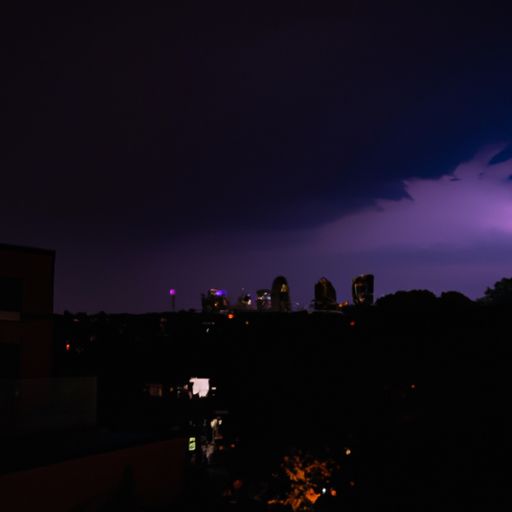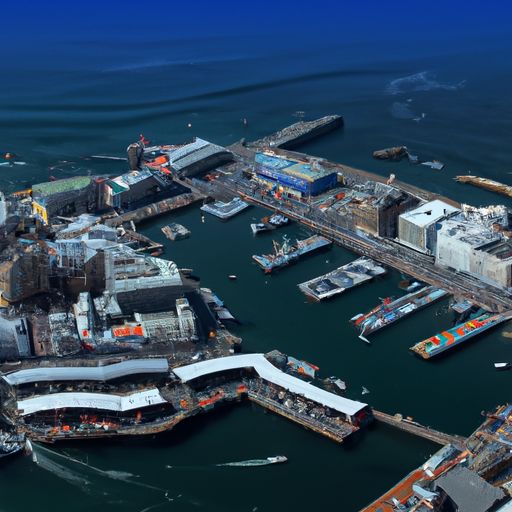Streaming giant Netflix has pledged to inject R929 million into the South African creative industry, recognizing the potential of the country’s TV and film sector. Madeleine de Cock Buning, Netflix Vice President for Public Policy EMEA, views South Africa as an untapped opportunity for the company, having already created 7,000 jobs in the country. According to Buning, the TV and film industry has a significant impact on economic growth and jobs, playing a crucial role in the African economy.
The Beauty of South Africa on the Global Stage
Buning believes that Netflix can showcase the beauty and diversity of South Africa to the world, with direct investment in hotels, security, and carpenters. Investment in the creative industry has a ripple effect on the wider economy, driving growth and creating jobs. There is evidence of tourism effects, with research showing that people are 3.1 times more likely to visit South Africa after watching a show on Netflix.
Netflix is building on the success of shows like “Unseen,” which is currently among the top ten globally watched shows in 48 countries. Buning’s call for reduced red tape to access the film incentive aims to encourage the government to support the sector, which can contribute to job creation, capital development, infrastructure development, and economic empowerment. African stories and culture are appreciated worldwide, and South Africa has many cultural and economic effects to offer.
Airbnb’s Contribution to the South African Economy
Velma Corcoran, Airbnb Regional Lead, Middle East Africa, highlighted the direct correlation between countries that implement an e-Visa system and an increase in travel. South Africa’s tourism sector has shown resilience, even during the COVID-19 pandemic. According to Corcoran, Airbnb contributed R8.8 billion to the South African economy in 2020, supporting 22,000 jobs from domestic tourism alone.
The Airbnb model is well-suited to encourage tourism dispersion, with South Africans traveling to villages, towns, and “dorpies” throughout the country. This has allowed people in those areas to make an income from tourism, and visitors are spending money in the local economy. Bringing people from previously disadvantaged communities into this sector has been a challenge, but the Airbnb program has been running for four years to provide skills and support. Corcoran suggested that the government and private sector should collaborate to overcome these challenges.
Conclusion
Overall, the investment by Netflix and the contribution of Airbnb to the South African economy represents a significant opportunity for the creative industry in the country. The TV and film sector can create jobs, drive growth, and showcase the beauty and diversity of South Africa. With an e-Visa system in place and the use of Airbnb, the tourism sector is gradually recovering from the pandemic’s impact, encouraging visitors to explore the country and support local businesses.












